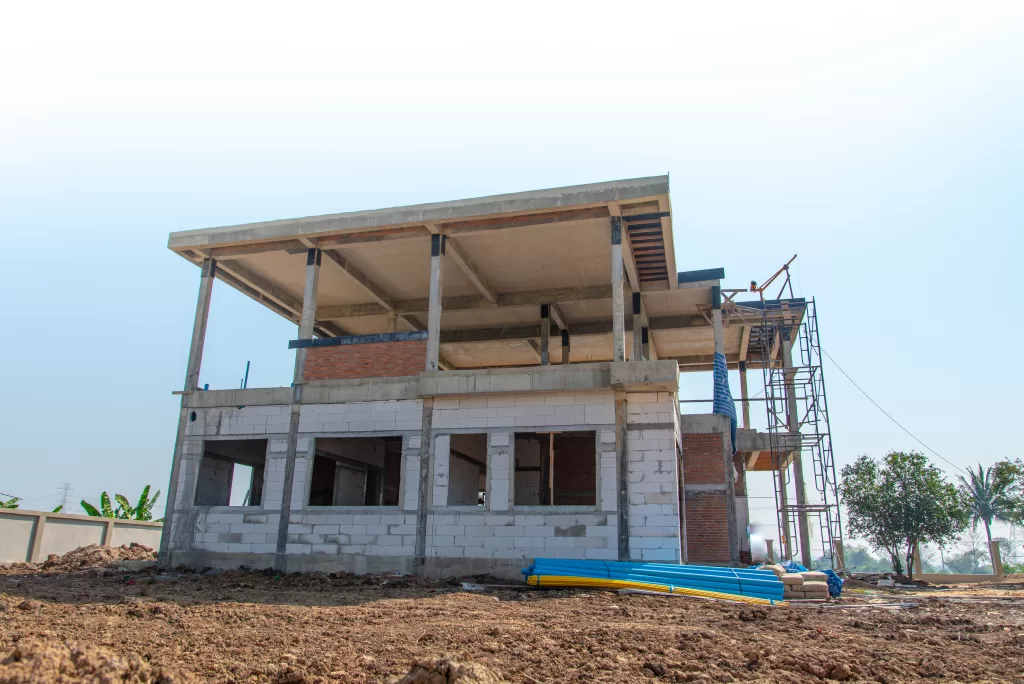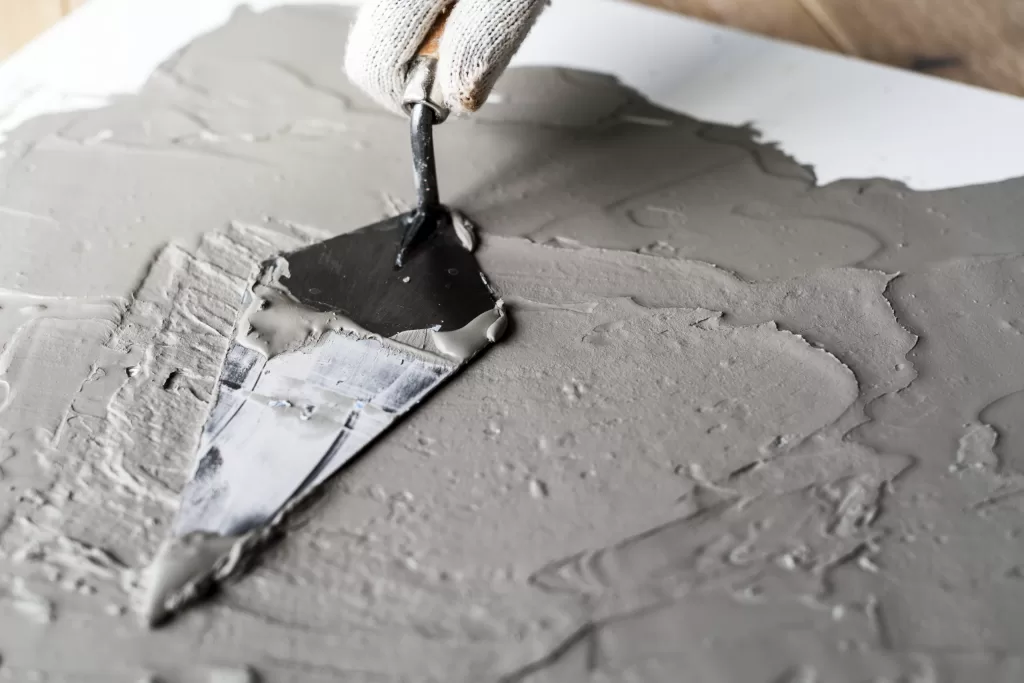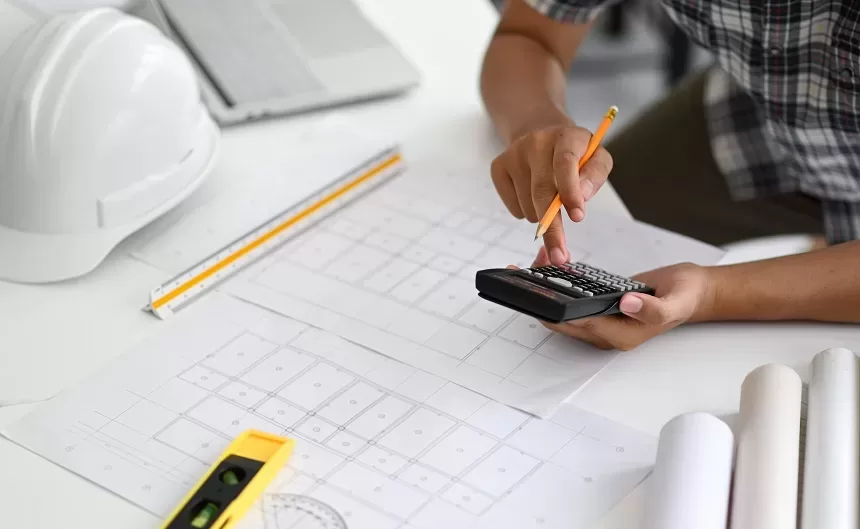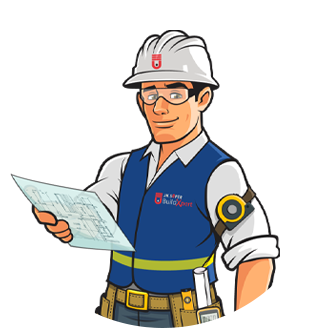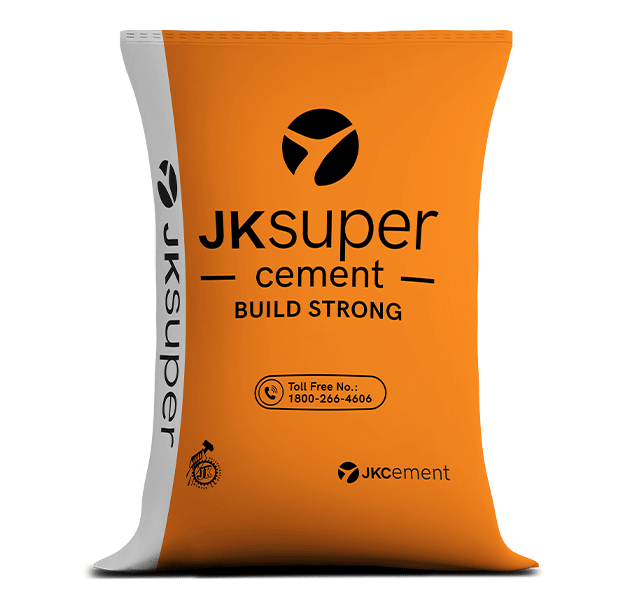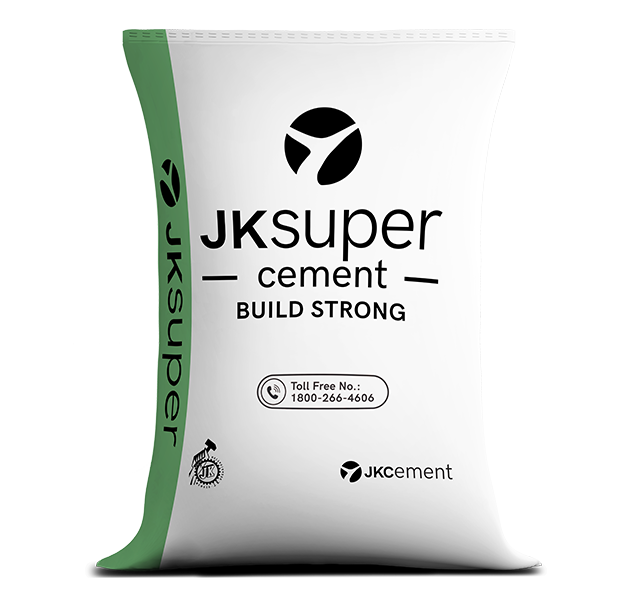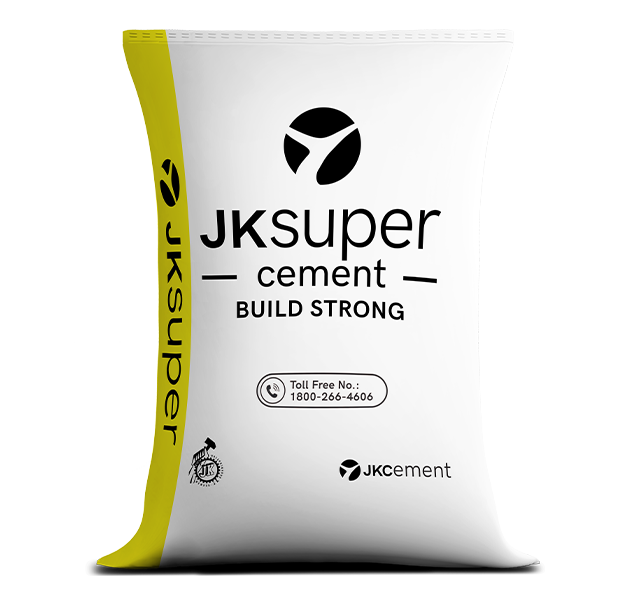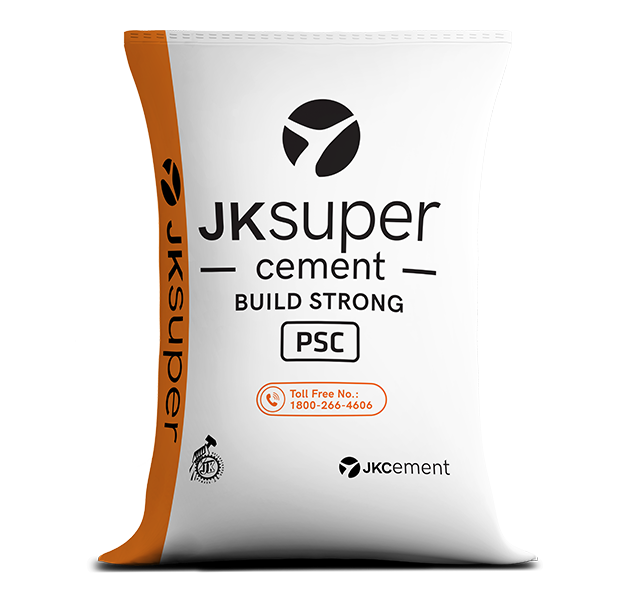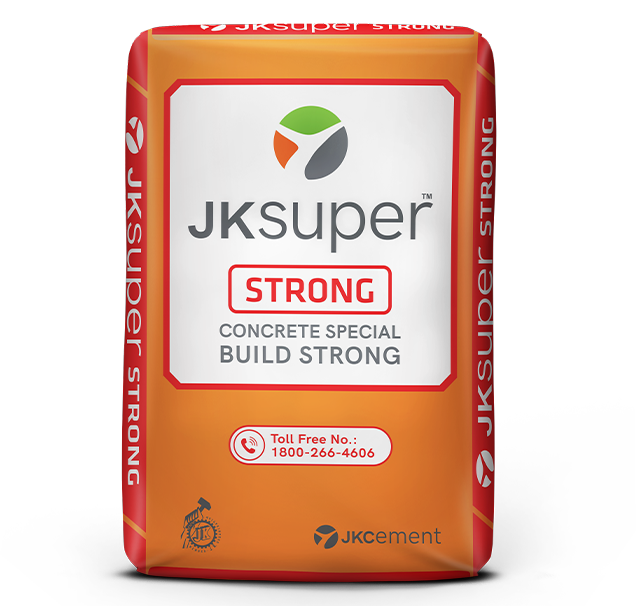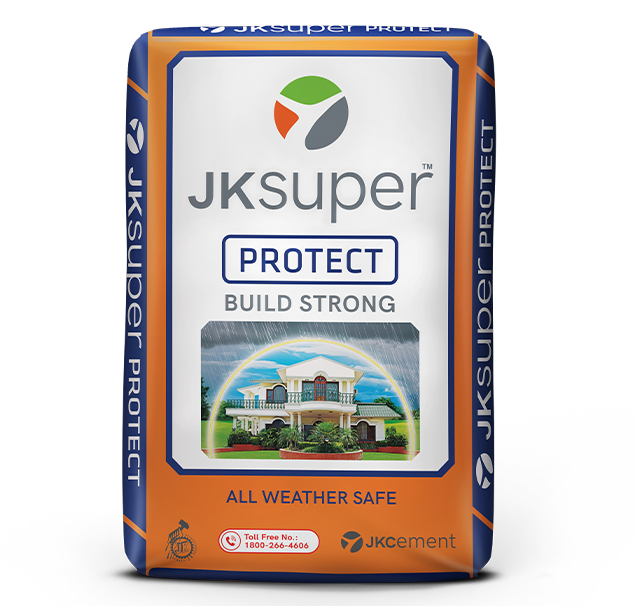Building a house is a dream for many but the generally high cost of construction can get in the way. However, with the right low-cost house construction methods, it is possible to construct a beautiful and affordable home. For instance, you can use alternative building materials and clever design strategies to reduce overall costs. You can consider the following low-cost house construction methods.
Low-Cost House Construction Techniques
Following low-cost building plans with modern techniques may help achieve cost-effective house construction. Here are the recommended methods:
1. Expert Consultation
Seek guidance from construction professionals or architects experienced in low-cost building methods. Their expertise can help in selecting the most suitable techniques and materials for your project.
2. Use Prefabricated Materials
Prefabricated materials, such as pre-made wall panels, roof trusses and floor systems offer several advantages. They are manufactured off-site under controlled conditions which reduces construction time and labour costs.
3. Precast Concrete
Precast concrete components, including walls, beams and columns are manufactured in a factory and transported to the construction site for assembly. This method can help minimise on-site labour requirements and allow for faster construction. Precast concrete is durable, fire-resistant, and requires minimal maintenance, making it a cost-effective choice for house construction.
4. Selection Between Load-bearing and Frame Structures
Opting for appropriate structural systems, such as load-bearing or frame structures can significantly impact construction costs. Load-bearing structures utilise walls to support the weight of the building. This eliminates the need for additional structural elements like columns and beams. Whereas frame structures use columns and beams to support the building’s weight. They provide flexibility in design and allow for open floor plans.
5. Consider Fly Ash Bricks for Construction
Fly ash bricks offer a sustainable substitute for conventional clay bricks. Their lightweight nature simplifies handling and transportation, resulting in cost savings during construction. Moreover, these bricks boast exceptional thermal insulation qualities, enhancing the energy efficiency of buildings.
Build affordable homes with the assistance of JK Cement BuildXpert. Contact us now!
Significance of Cost-Effective Construction Techniques
Here are the key benefits of employing low-cost house construction methods:
Affordability:
Low-cost house construction methods enable individuals and families with limited financial resources to fulfil their dream of owning a home. By minimising construction expenses, these methods make housing more accessible for numerous individuals.
Sustainability:
Many low-cost house construction techniques are inherently sustainable. The utilisation of locally available materials reduces the environmental impact associated with traditional construction methods.
Speed of Construction:
Low-budget house construction techniques, such as prefabrication and modular construction can significantly reduce construction time.
Adaptability:
Low-cost house construction offers flexibility in design and construction. This allows for customisation based on specific needs and preferences.
How Safe Are Low-Cost Houses?
Low-cost houses, when constructed with good quality materials, the right techniques and expert guidance can be equally safe as their more expensive counterparts. However, maintaining their strength and safety over time requires careful consideration of these key factors:
1. Structural Integrity
Low-cost houses must meet structural integrity standards to withstand environmental loads such as wind, seismic activity and colder climates. Proper design and construction techniques, including adequate foundation support and robust framing systems, are essential for ensuring structural stability.
2. Material Selection
The choice of construction materials significantly impacts the safety of low-cost houses. While cost-effective materials are utilised, they must still meet quality and durability requirements. Materials such as house construction cement, concrete, steel and certified timber can provide strength and resilience to the structure.
3. Building Codes Compliance
Compliance with building codes and regulations is non-negotiable for ensuring the safety of low-cost houses. These codes establish minimum standards for structural design, fire safety, electrical systems, plumbing, and overall building performance. Adhering to these codes helps mitigate risks and ensure occupant safety.
4. Quality Assurance
Implementing quality assurance measures during construction is critical for identifying and addressing potential safety issues. Regular inspections by qualified professionals can help detect structural deficiencies, faulty installations or material defects, ensuring that the house meets safety standards.
Wrapping It Up
Utilising cost-effective construction methods not only makes housing more accessible but also fosters sustainability, efficiency and safety. By leveraging modern techniques, appropriate materials and adherence to safety standards, low-cost houses can offer affordable yet secure homes for individuals and families.
Lay solid foundations with strong cement. Choose JK Cement for enhanced quality and durability.
FAQs
How durable are straw bale houses?
Straw bale houses are durable when constructed with proper techniques and maintenance. The thick walls provide excellent insulation and structural integrity. When properly protected from moisture, pests, and fire, straw bale houses can last for decades or even centuries.
How much funds are required to build a house?
The cost of building a house varies significantly depending on factors such as location, size, materials, labour costs, and design complexity. In India, the cost can range from basic houses starting at around ₹10 lakhs and more elaborate constructions exceeding ₹1 crore.
What is the cheapest type of house to build?
The cheapest type of house to build typically involves simple designs, basic materials and efficient construction methods. Options such as tiny houses, micro homes, or prefabricated structures can be cost-effective.
Are low-cost construction methods suitable for building homes in urban areas?
Techniques such as prefabrication, modular construction and efficient use of space can be particularly advantageous in densely populated urban environments.

